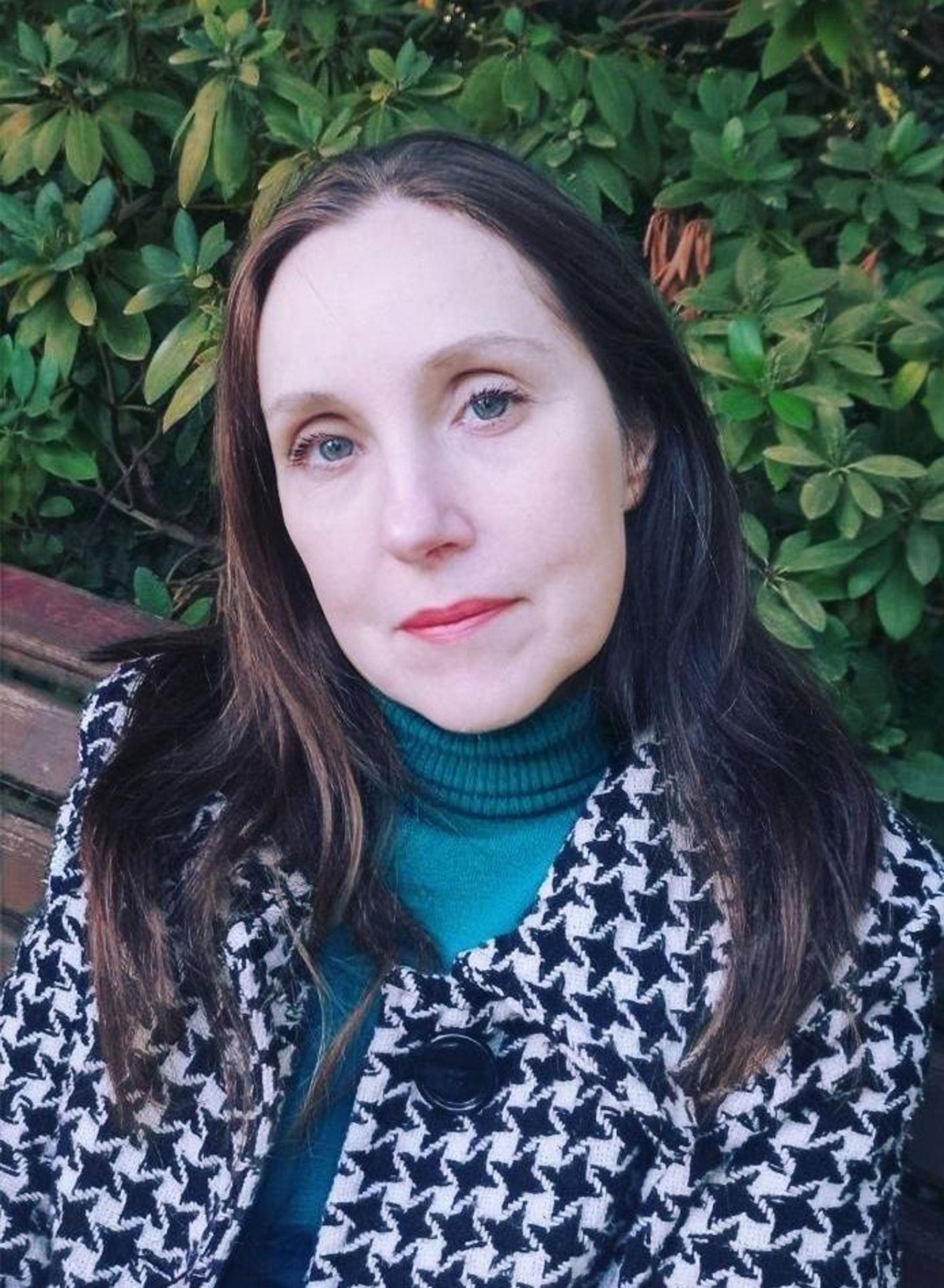2024-25
Women’s initiatives in the sphere of oncology in wartime
Olha Labur’s research into the militarization of oncology during the war has illuminated a profound transformation within the oncology system, spanning both medical and societal dimensions. This metamorphosis has been notably influenced by diverse patient communities and organizations. Among them, Athena, Women Against Cancer, Family of Inspiration, Tabletochki, and the #WorthLiving Foundation stand out. These entities have not only established fresh social networks within Ukraine but have also forged connections with EU-based cancer organizations. Her assertion posits that these groups have actively assumed roles as agents of change, countering the marginalization of individuals with diagnoses and amplifying cancer awareness. This becomes especially crucial in light of medical professionals' predictions of heightened cancer incidence rates in the post-war era.
To explore the multifaceted roles of these women-led organizations, she will draw upon a spectrum of disciplines including the history of social activism, women's engagement, public discourse, medical anthropology, and emotional dynamics. Building upon her prior research in women's history, she aims to interweave personal narratives with the life stories of fellow women and volunteers. The research will hinge upon a rich source foundation comprised of interviews with organization representatives, encompassing electronic publications, social media content, and recorded presentations of diverse events and initiatives.
Beyond the collection of testimonies and life narratives, her objectives encompass the identification of common thematic frameworks, poignant experiential facets, unexpected fluctuations, and underlying meanings. To achieve this, she will undertake an in-depth analysis of communication rhetoric present within social networks. This entails dissecting core messages, prevailing ideas, and the ensuing responses within the cancer community. Consequently, her study focal point rests upon public endeavors, behavioral nuances, experiential intricacies, and life practices, both amidst and subsequent to the wartime context.
2022-23
‘The Other War’ or Prospects of Survival: The Stories of Women Refugees with Cancer in the Russo-Ukrainian War
Olha Labur’s project is focused on documenting the life stories of Ukrainian women who are cancer patients and who, in the context of the Russo-Ukrainian War, ended up in Germany. Using oral history tools, she plans to conduct ‘living interviews’ with women who decided to leave the warzone and seek treatment abroad. Olha considers their experiences exceptional, as this a high-risk step for people with a terminal disease. They did not know what lies ahead, such as whether they will be able to find treatment, understanding with foreign doctors, or normal living conditions and food. Some of these women arrived with small children, which makes their situation even harder. Olha intends to document ‘women’s voices’ in this transformational period of their lives to understand how they made decisions, what caused them to go abroad, and what support they received from their relatives, friends, volunteer communities, the hosting party, and other cancer patients. The project also seeks to understand how the process was organized on the level of the state, international institutions, local communities, certain medical institutions, and the self-organizing cancer patient community. The research will consider whether fleeing the war turned into a personal ‘second war’ for these women or whether their prospects of survival improved. Ultimately, the project will identify and describe the new survival practices of one of the most vulnerable social groups of the war.

